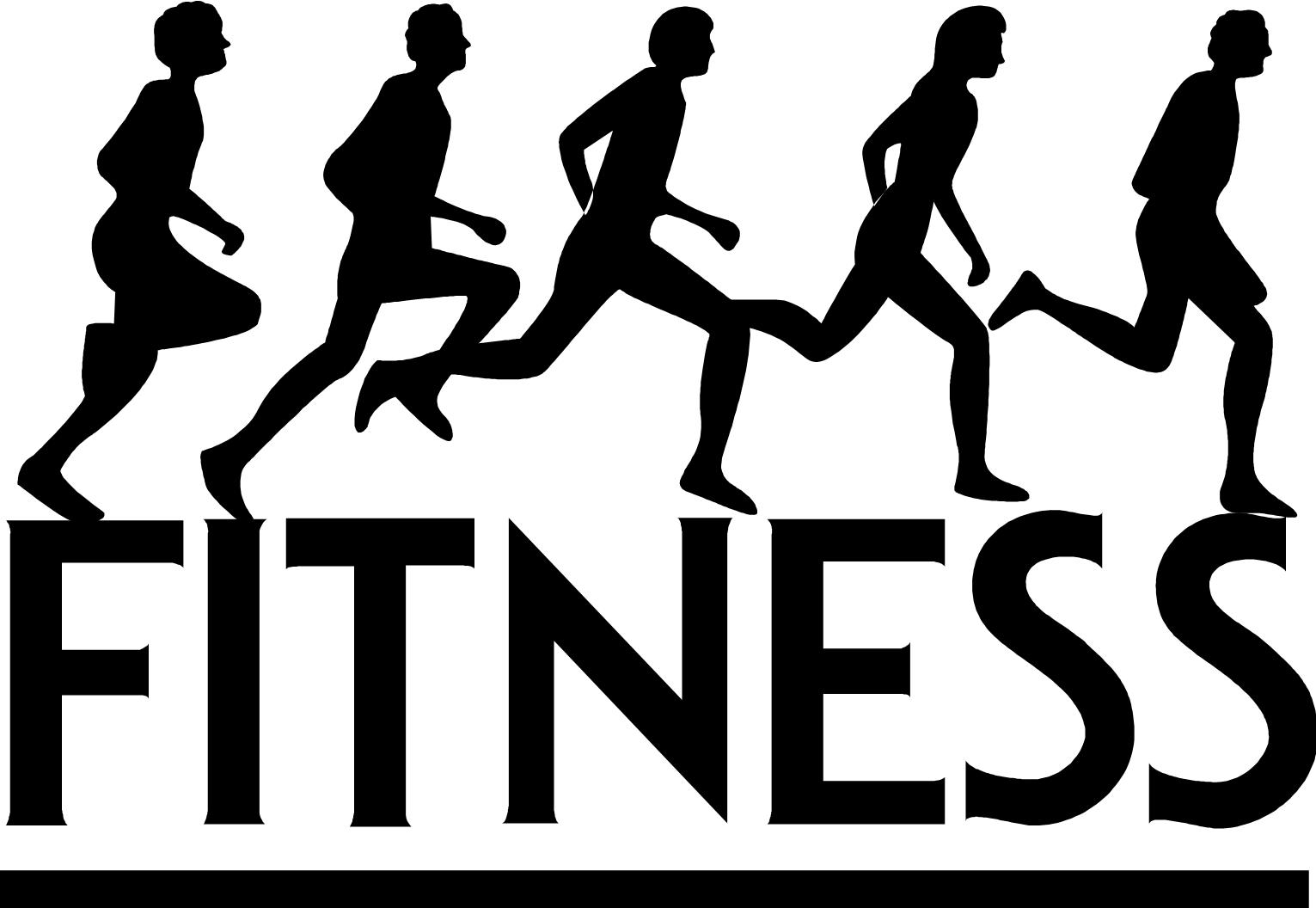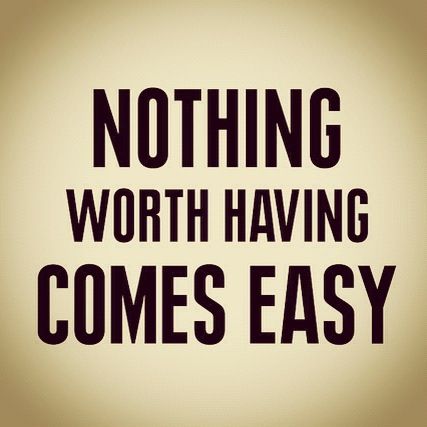Another part of the strength decline is due to the aging process. This loss happens at the “motor Neuron” level. The motor neuron is what gives the message from your brain through the central nervous system to the muscle telling it to contract and move. This decline is a neurological change that occurs with aging. This is important to note because whatever affects the motor neuron affects the muscle fibers attached. A decline in the motor neuron unit leads to a decrease in muscle fibers. The loss of muscle fibers from those motor neuron units results in less available force for a muscle contraction when that motor neuron is stimulated. Once the muscle contraction mechanism is impaired, there is a loss of strength and power.
The good news is it can be reversed!……Regular, Progressive Strength Training can reverse the loss of muscle strength due to the biology of aging.
Strength training not only increases our muscle mass, it also increases our bone density. Bones respond to strength training by increasing their density. The bone grows stronger or denser in response to the forces associated with the muscle contraction. As the muscles get stronger, the bone does as well.
How does this work?….. Bone is made up of a configuration of bone fibers, blood vessels and lymphatics which is called osteoid. Bone responds to stress (such as strength training) and disuse (as in sedentary lifestyles) by increasing the osteoid in areas that are subject to stress and reducing it in areas where it is no longer needed. Increased bone density is called sclerosis. Sclerosis of the bone can result from strength training exercises specific to the respective body part.
Besides becoming weak and fragile and increasing our risk of injury as we age, there is also a metabolic effect from ignoring strength training and a whole myriad of side effects triggered.
By the time we are 70, we only have about 50% of our muscle mass left. That explains why we feel weak and tired as we age, and more inclined to break a hip when we fall. As mentioned above, this can be reversed.
Strength Training in itself isn’t the key. It is the body’s response to that stimulus that is important. A proper strength training program will affect your body hormonally and that is where the good things happen.
Strength Training will trigger an anabolic atmosphere that will prevent testosterone levels from dropping (in men and women), increase metabolism, increase bone density, increased sense of well-being, alleviate stress, and make your body more receptive to insulin which will not only prevent diabetes but minimize risk of stroke, cardiovascular disease, high cholesterol and high blood pressure.
So many people say they “can’t because they are old and tired”, but they are “old and tired because they don’t”.
You should keep in mind it is a necessity for periodization of programming which allows for increased resistance and intensity of your training in order to continue building muscle mass and strength.
Strength training is even more important in your 30’s, 40’s, 50’s, 60’s, and 70’s. As we age life becomes more complicated; finances, growing children, aging parents, job changes, death, etc. Strength Training develops an internal strength that other methods lack.
The investment that you make in your health now will benefit you when you are older. You don’t expect to live a life of luxury when you retire if you never put a dime away…. Do you?
What you do between your 40’s and 60’s is going to determine your quality of life during your golden years. The worst mistake you can make is to do nothing. Remember, you are never too old to start and never too old to stop!
- All above statistics were taken from a research study conducted by the University of Michigan and Northwestern School of Medicine published in the American Journal of Medicine.




